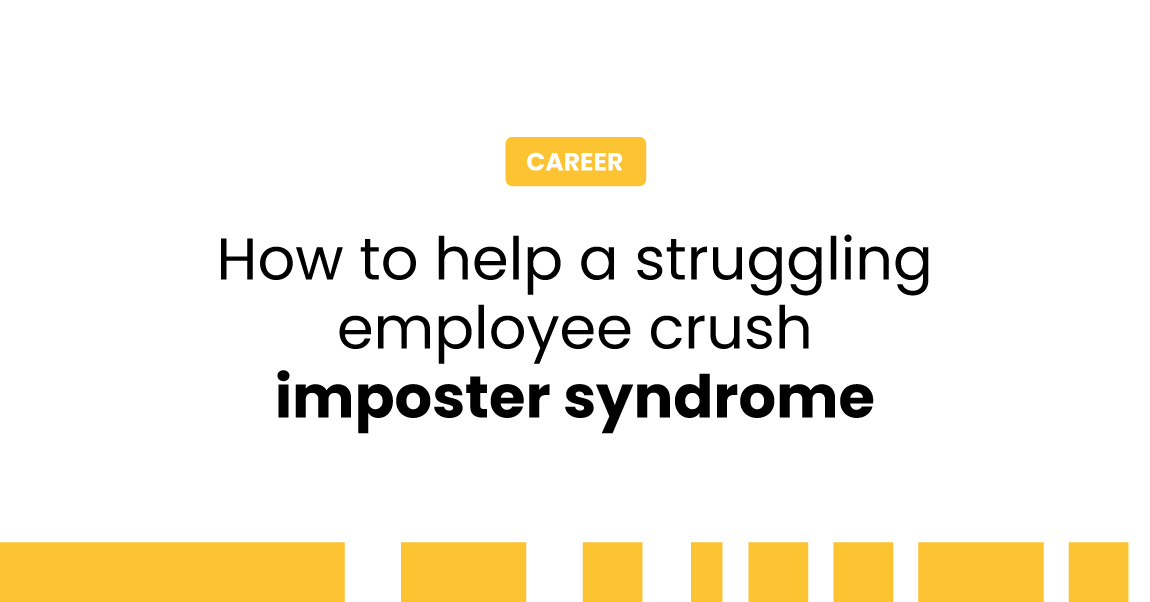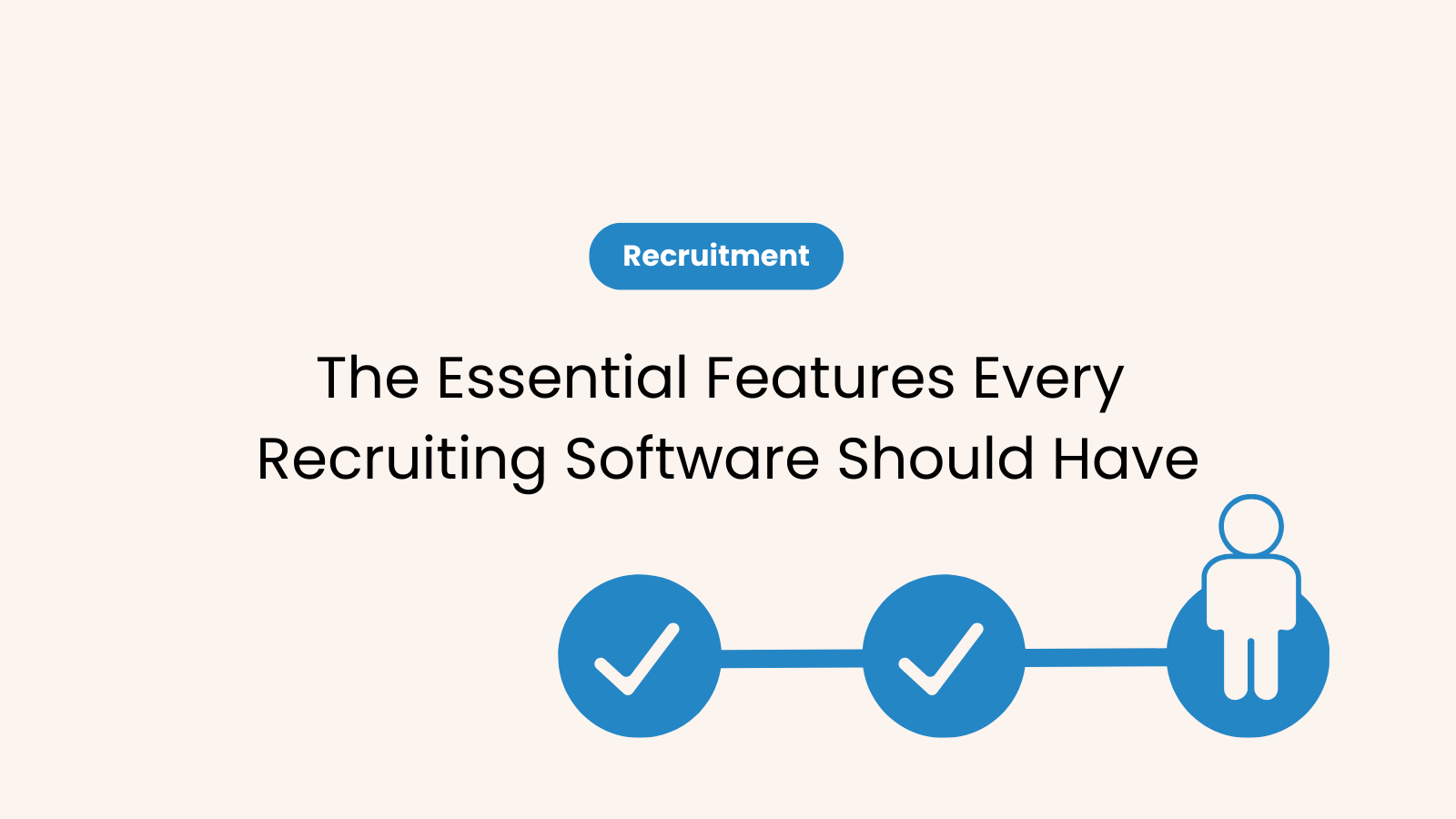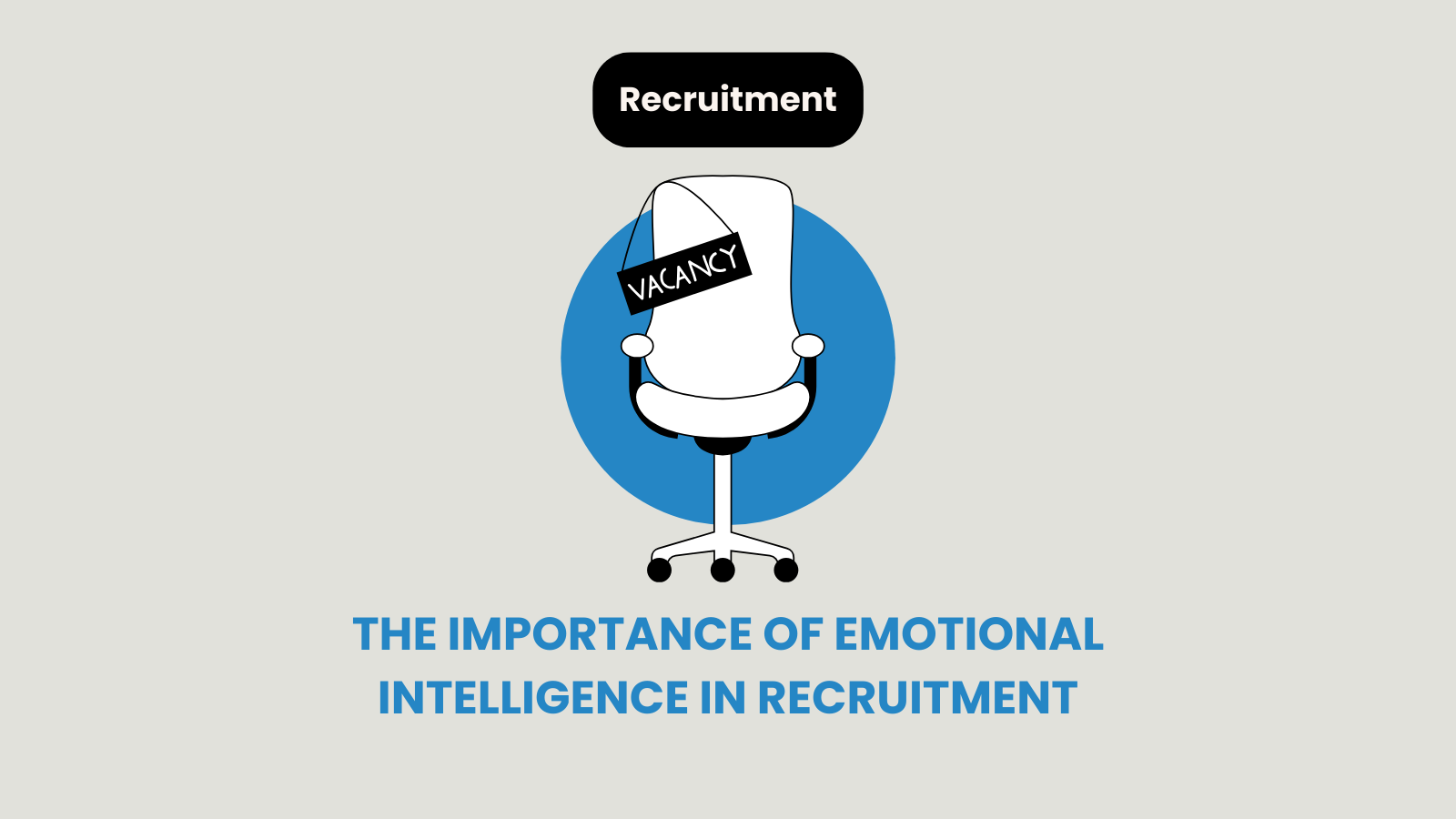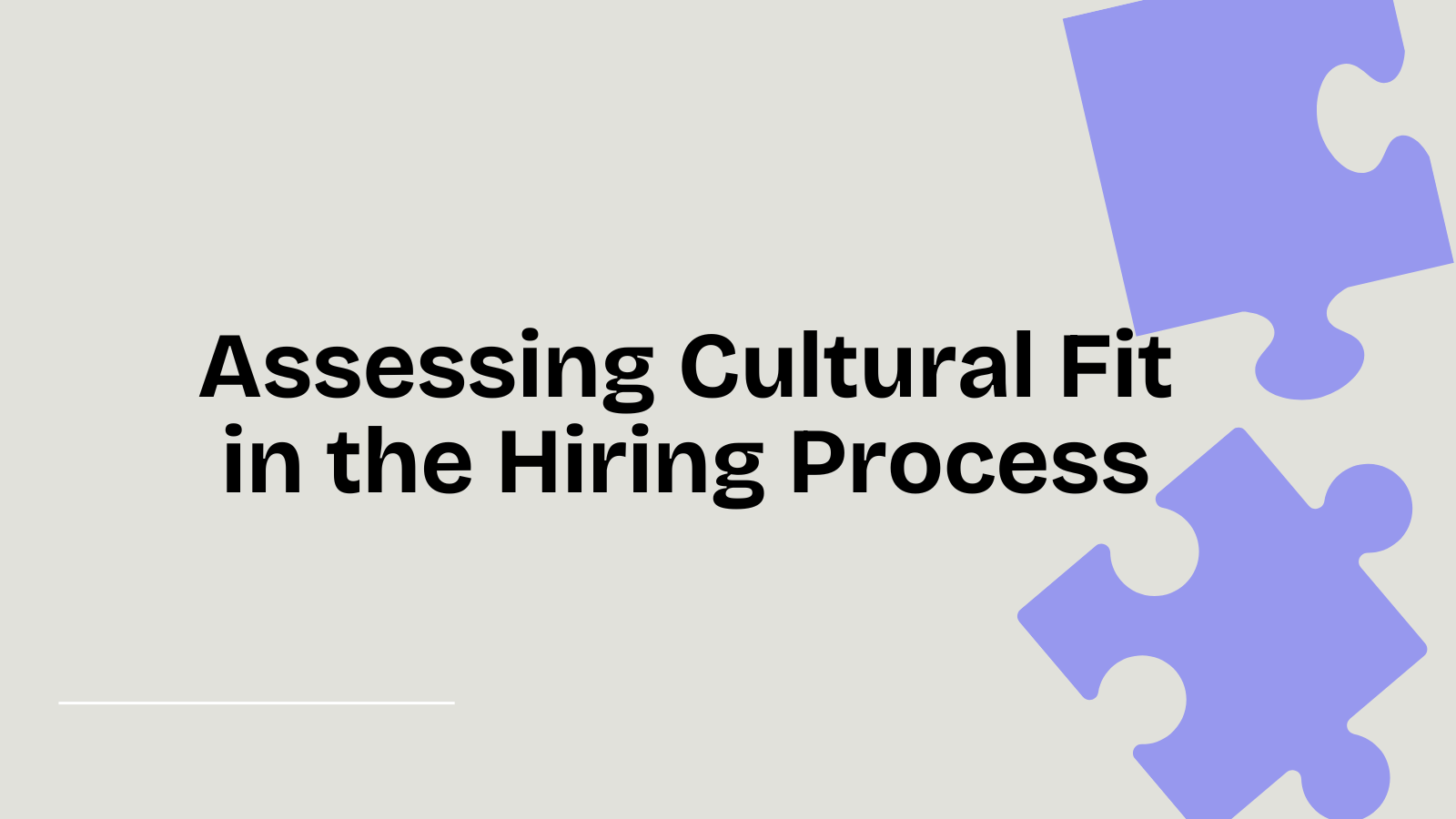Have you ever faced some injustice in the workplace? The answer is probably yes, no matter where you work, or how professional and educated your coworkers are. It could be, in part, due to unconscious biases – we face prejudices every day, and we are prone to be misled by them. Our brains work that way; we have little time to process a lot of information, so sometimes we make a judgment based on experience. The halo effect is one of the most common biases; in the workplace and generally in life. Once you understand what it is, you will want to avoid it at any cost! It can influence managerial skills, hiring process, relationships between employees, performance reviews, and so much more. That is why you should learn to spot it in yourself and others!
What is the Halo Effect?
The halo effect is a type of cognitive bias, where we tend always to form positive opinions of another person or a group (company, for example), based on our previous overall positive impression of them. What does that mean? Once you form a good first impression or bond with somebody over mutual traits or even hobbies, that person will likely view other aspects of your personality in a positive light – it doesn’t matter if you deserved it or not! If you have the halo effect, you can do no wrong. Your decisions are the right ones; what you say is always true. At least, that is how the other person sees it. In 1920, psychologist Edward Thorndike named this the halo effect – as in, the halo that glows around heads of saints.
On the other hand, there’s something known as the horn effect; the name should remind us of the devil’s horns. Here, a negative impression of someone is influencing the evaluation of all the person’s traits. When you start with a wrong first impression, whatever you do next is viewed in a negative context. When you do something great, people will think you just had a little luck, and it will take you a lot of time and effort to change that. You can see how both of these effects can have a horrible impact on the workplace, right?

How Does the Halo Effect Intervene With Hiring Process?
HR staff can unknowingly influence the recruitment process if they are unaware of their own biases. This way, they will make the workplace less diverse, or pass up some great talents; this ultimately adds up to a less productive workplace and a decrease in the company’s success. Let’s say you have two candidates auditioning for the same job. When you talk to the candidate who comes with great recommendations, you focus on the good you’ve heard, and you fail to see his/her flaws. The halo blinds you. You end up hiring this person, without realizing that the other candidate was more suitable for the job, but didn’t have all those recommendations. This happens often. Also, first impressions – they are significant for job interviews, obviously, but they can mislead the interviewer. Attractive or charming candidates are usually viewed as more kind and friendly, leading to unsupported bias. If you find a candidate similar to yourself, you will automatically find them to be a good person or the right fit for the company, only because that is what you think of yourself. If a candidate is overly enthusiastic, you might assume they are excellent at what they do. If someone is friendly – they are probably good at teamwork. The list goes on and on. Pick any personality trait; there is a bias attached to it.
Halo Effect in the Workplace
- Managers can unintentionally be unfair when it comes to rewarding their employees. One of them can benefit for a long time from performing a particular task well – he/she made a good lasting impression on a manager. Having this halo will enable a person to get away with mistakes, or being late to work. The manager would regard these as accidents, and will still see the person as a great employee. Ideas of that employee would still be considered reasonable without questioning. The halo is hiding a problem. Aside from affecting the whole team’s performance, this could make others feel unappreciated, or make them hold a grudge against that one “golden” worker. This doesn’t help you build a team spirit – not a good retention strategy, don’t you agree?
- It’s always good to be careful with performance reviews. Unconscious bias can make such a change during the interview. Some employees will be overpraised, and others won’t be praised enough. How will that make them feel? Once again – bad for a team spirit!
- Deciding on who deserves a promotion is a hard decision. Make sure you have all of your facts straight and don’t get enchanted by the halo. Take into account more than one excellent performance. Has your employee been an outstanding one this whole year? Is there perhaps someone more deserving of that promotion? You surely want to do right by everyone, so don’t rush.
- While giving assignments, you could think someone is ready for a more difficult task because you like this employee, and you want to believe they are indeed prepared. They did great work lately, and you think this is a suitable opportunity to reward them. While it’s true that giving new and different responsibilities to employees helps them learn and grow, we should always go one step at a time and not overwhelm them!

How to Avoid Bias in the Workplace?
Now that you know how to look for it, you can prevent yourself from having these unconscious biases, not just in the workplace, but in all aspects of life. And what is more, you can help others understand how biases cloud the judgment. The more we know the subconscious part of ourselves, the more we will treat others without prejudice. When it comes to the workplace, it all starts with the HR department, and that is why they must be aware of the halo effect (and also, let’s not forget the horn effect!). You want your HR to understand the subject entirely so that they can teach other employees. It is a good practice to organize training or seminars, first with those who are in powerful positions (managers, supervisors, and so on). Also, make sure that you talk about these topics in a comfortable environment, and that you identify the type of bias most commonly occurring in your workplace. Once you’ve established that, you can form groups that will deal with decision making or screening for new additions to the company – and see the change. Having a group of people debating will increase the chances to point out several biases because they will have time to think, and they’ll look at a subject from many different angles. If you have the time and resources to educate all staff, not just those with authority, go ahead. But, don’t expect these measures to eliminate the issue. That is probably not possible. Still, we should do our best to minimize it. The HR department will always be there to help with the remaining problems!



